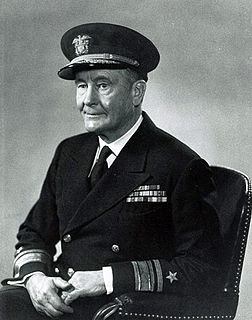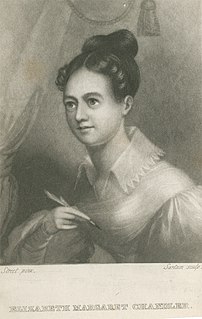A Quote by A. A. Gill
Once upon a time, a historian told me that the most important choice a new historian could make was of his or her specialist subject. Most of the good stuff was far too overcrowded, so you had to pick about in the exotic and extinct. His recommendations were the Picts or the Minoans, because hardly anything was known about them and you could spend a happy lifetime of speculation.
Related Quotes
The leading, the most respected Vietnam historian, military historian Bernard Fall -he was a hawk incidentally, but he cared for the Vietnamese - he said it wasn't clear to him whether Vietnam could survive as a historical and cultural entity under the most massive attack that any region that size had ever suffered. He was talking about South Vietnam, incidentally.
So, then, the best of the historian is subject to the poet; for whatsoever action or faction, whatsoever counsel, policy, or war-stratagem the historian is bound to recite, that may the poet, if he list, with his imitation make his own, beautifying it both for further teaching and more delighting, as it pleaseth him; having all, from Dante’s Heaven to his Hell, under the authority of his pen.
One could even argue that we have a duty to create and pass on stories about choice because once a person knows such stories, they can't be taken away from him. He may lose his possessions, his home, his loved ones, but if he holds on to a story about choice, he retains the ability to practice choice.
Anyone, however, who has had dealings with dates knows that they are worse than elusive, they are perverse. Events do not happen at the right time, nor in their proper sequence. That sense of harmony with place and season which is so strong in the historian--if he be a readable historian--is lamentably lacking in history, which takes no pains to verify his most convincing statements.
She had an overwhelming desire to tell him, like the most banal of women. Don't let me go, hold me tight, make me your plaything, your slave, be strong! But they were words she could not say. The only thing she said when he released her from his embrace was, "You don't know how happy I am to be with you." That was the most her reserved nature allowed her to express.
It is one thing to write as poet and another to write as a historian: the poet can recount or sing about things not as they were, but as they should have been, and the historian must write about them not as they should have been, but as they were, without adding or subtracting anything from the truth.
His brothers could tease him about his height or the number of scars he was collecting on his body. He could take the joke when they said he would die having never won a fair wrestling match. But the topic of Bettin still smarted too much. He'd imagined being with her always. Now when he closed his eyes, he had trouble imagining anything else.
she, with her affection and her gaiety, had been largely responsible for him having rediscovered the meaning of life, her love had driven him to the far corners of the Earth, because he needed to be rich enough to buy some land and live in peace with her for the rest of their days. It was his utter confidence in this fragile creature, that had made him fight with honor, because he knew that after a battle he could forget all the horrors of war in her arms, and that, despite all the women he had known, only there in her arms could he close his eyes and sleep like a child.
The only excuse for a novelist, aside from the entertainment and vicarious living his books give the people who read them, is as a sort of second-class historian of the age he lives in. The "reality" he missed by writing about imaginary people, he gains by being able to build a reality more nearly out of his own factual experience than a plain historian or biographer can.
Jem gave a reasonable description of Boo: Boo was about six-and-a-half feet tall, judging from his tracks; he dined on raw squirrels and any cats he could catch, that's why his hands were bloodstained - if you ate animal raw, you could never wash the blood off. There was a long jagged scar that ran across his face; what teeth he had were yellow and rotten; his eyes popped, and he drooled most of the time.
Failure is important because the first time you win (or lose), it could be luck, it could be timing, or it could be talent. It's only after you fail once or twice and learn to rely equally on thought, analysis, and anticipation-in addition to speed, talent, and execution-that you can really call yourself an entrepreneur ... In the long run, it's mind over muscle, strategy over strength, and a healthy perspective-not just a lot of perspiration-that make someone a real success in his or her business and in the equally important rest of his or her life.






































